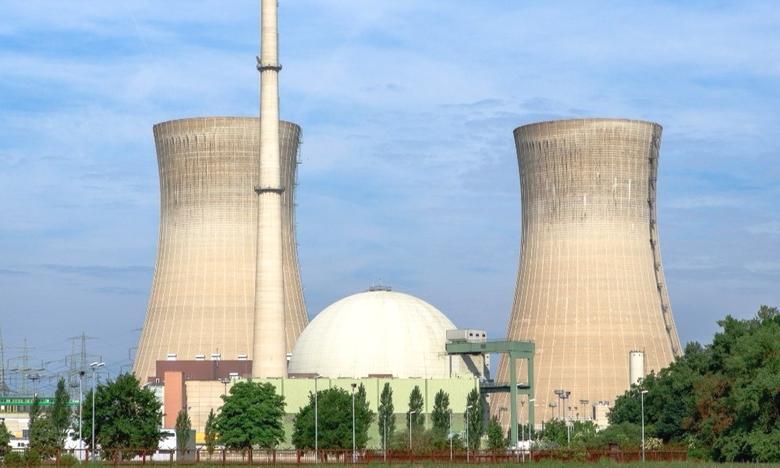
NUCLEAR FOR SINGAPORE

WNN - 22 March 2022 - Nuclear energy could help Singapore's power sector achieve net-zero carbon emissions by 2050, according to a new report from the island city-state's Energy Market Authority (EMA). It says nuclear energy could supply around 10% of Singapore's energy needs.
EMA commissioned the Energy 2050 Committee to consider the long-term future of Singapore's energy sector. The committee - comprising a diverse range of experts from industry, academia and the government - was set the challenging task of examining long-term trends that would affect the energy sector. It was also asked to provide recommendations on how EMA should plan for Singapore's future energy system and enable Singapore to capture the economic opportunities arising from the know-how and capabilities developed along the way.
Singapore's Minister for Finance recently announced that it will raise its ambition to achieve net-zero emissions by or around 2050. The power sector currently accounts for about 40% of Singapore's carbon emissions, and with electricity demand expected to rise further, decarbonising the power sector is one central plank to meeting Singapore's global obligations.
The committee's report takes a scenario-based approach to present a few plausible futures of what a decarbonised Singapore power sector in 2050 may look like, depending on how certain global trends pan out. The committee studied trends in power demand, supply technologies, and grid development, and summarised the key findings into three predetermined trends and three critical uncertainties that could significantly impact the trajectory of change for Singapore's power sector. The committee developed a set of scenarios to describe several possible futures through which Singapore could achieve net-zero emissions by 2050, depending on how the above critical uncertainties pan out.
"The scenarios suggest that while the target of net-zero emissions by 2050 is viable, there are different pathways to get there depending on how the critical uncertainties unfold," the report says. "The committee has identified key forks along Singapore's decarbonisation journey in the power sector and the critical decisions that need to be made at those junctures. Signposts that provide indications of macro energy trends can be used to guide Singapore's decision-making process along the way."
The report notes that in order to achieve net-zero emissions for the power sector by 2050, "it is clear that there will need to be transformational changes in Singapore's energy landscape". It added, "From the three scenarios, it is evident that electricity imports, hydrogen, solar, and ESS will be important to the Singapore energy system, while new low-carbon supply alternatives and carbon markets may play key roles as well.
"Given that Singapore has limited options to decarbonise its power sector, it should actively monitor developments in new supply technologies such as carbon capture, utilisation, and storage (CCUS), geothermal, biomethane, nuclear fission small modular reactors (SMRs), and nuclear fusion technologies. Building capabilities in advance will enable Singapore to adopt promising technologies quickly when they become viable."
The committee said geothermal energy and nuclear energy have the potential to play a part in Singapore's future energy supply mix. "The scenarios leave room for next-generation geothermal energy or nuclear energy to supply around 10% of Singapore's energy needs," it noted. "The global deployment capacity of next-generation geothermal technologies as well as nuclear technologies such as nuclear fission SMR and nuclear fusion will suggest when these options are sufficiently mature for Singapore to adopt."
The report adds: "New technologies such as geothermal and nuclear will require highly specialised expertise for them to be deployed, regulated, and operated. To assess the viability of these technologies in the local context, Singapore should map out the required capabilities, regulations, resources, and timeline for the respective technologies, and identify the areas that should be developed in advance."
Energy 2050 Committee Chairman Choi Shing Kwok said: "Overall, the committee has concluded that it is realistic for Singapore's power sector to aspire to achieve net-zero emissions by 2050 while still maintaining energy security and affordability. To do so, however, it must be prepared to make bold changes along the way based on technology trends as well as other global developments."
EMA said it continues to monitor global developments in areas such as nuclear energy and their implications for Singapore. It added it will "further study the recommendations in the committee's report and announce new developments when ready".
-----











